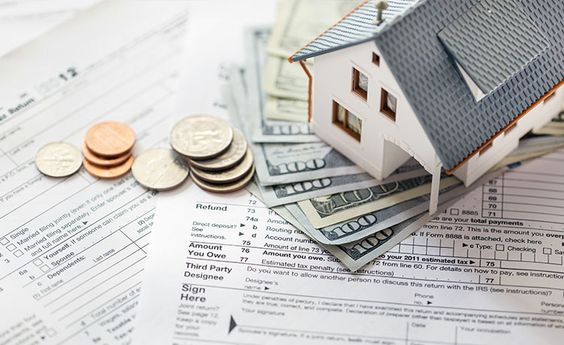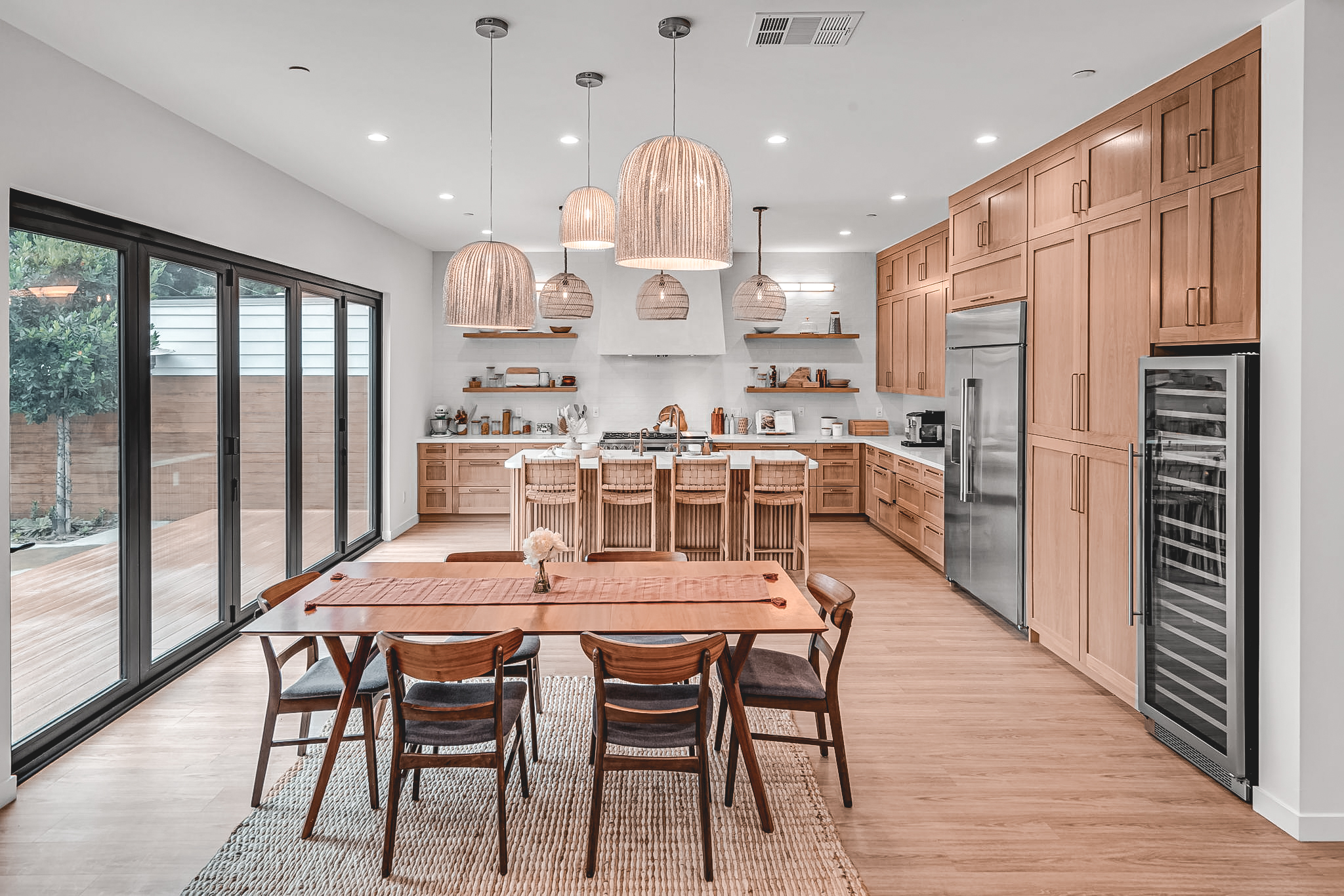Homeowners often invest in home improvements to enhance their living space, increase property value, and boost their overall quality of life. However, what many homeowners may not realize is that certain home improvements can also lead to an increase in property taxes. Understanding how these improvements can impact your tax bill is crucial for making informed decisions about your home.
In this article, we will explore the home improvements that can potentially raise your property taxes and provide tips on how to navigate the tax maze.
- Major Structural Additions
- Luxurious Upgrades
- 3. Increased Living Space
- Energy Efficiency Improvements
- Historical Restorations
1. Major Structural Additions
One of the most significant ways to increase your property taxes is by adding major structural components to your home, such as a new room, a garage, or a swimming pool. These additions increase your property’s assessed value, which is used to calculate your property taxes. Before embarking on such projects, it’s essential to research local tax regulations and estimate the potential increase in property taxes.
2. Luxurious Upgrades
Luxurious upgrades like high-end kitchen renovations, spa-like bathrooms, or extravagant landscaping can also trigger a rise in property taxes. Assessors often consider the quality of materials and finishes when determining your home’s value. While these upgrades can enhance your lifestyle, be mindful of the tax implications and budget accordingly.
3. Increased Living Space
Expanding your living space, whether by finishing your basement or converting an attic into a bedroom, can lead to higher property taxes. Any increase in the square footage of your home can result in a reassessment, causing your property taxes to go up. It’s advisable to consult with a local tax assessor before making such changes to understand the potential tax impact fully.
4. Energy Efficiency Improvements
Energy-efficient upgrades like solar panels, geothermal heating systems, or energy-efficient windows can add value to your property. While these improvements might qualify for tax credits or incentives, they can also result in higher property taxes. Research the local tax regulations and assess whether the long-term energy savings outweigh the potential increase in property taxes.
5. Historical Restorations
Preserving the historical integrity of your home might be a passion project, but it can also lead to a spike in property taxes. Local governments often offer incentives for historical restorations, but they might reassess your property’s value after the restoration is completed. Consider exploring available tax credits and exemptions to mitigate the impact on your property taxes.
Home improvements can significantly enhance your living space and property value, but they can also impact your property taxes. It’s crucial to research local regulations, consult with tax professionals, and plan your projects strategically to minimize any adverse effects on your finances. By understanding how different improvements can influence your property taxes, you can make informed decisions that align with your budget and long-term financial goals. Remember, knowledge is power when it comes to navigating the tax maze of home improvements.



